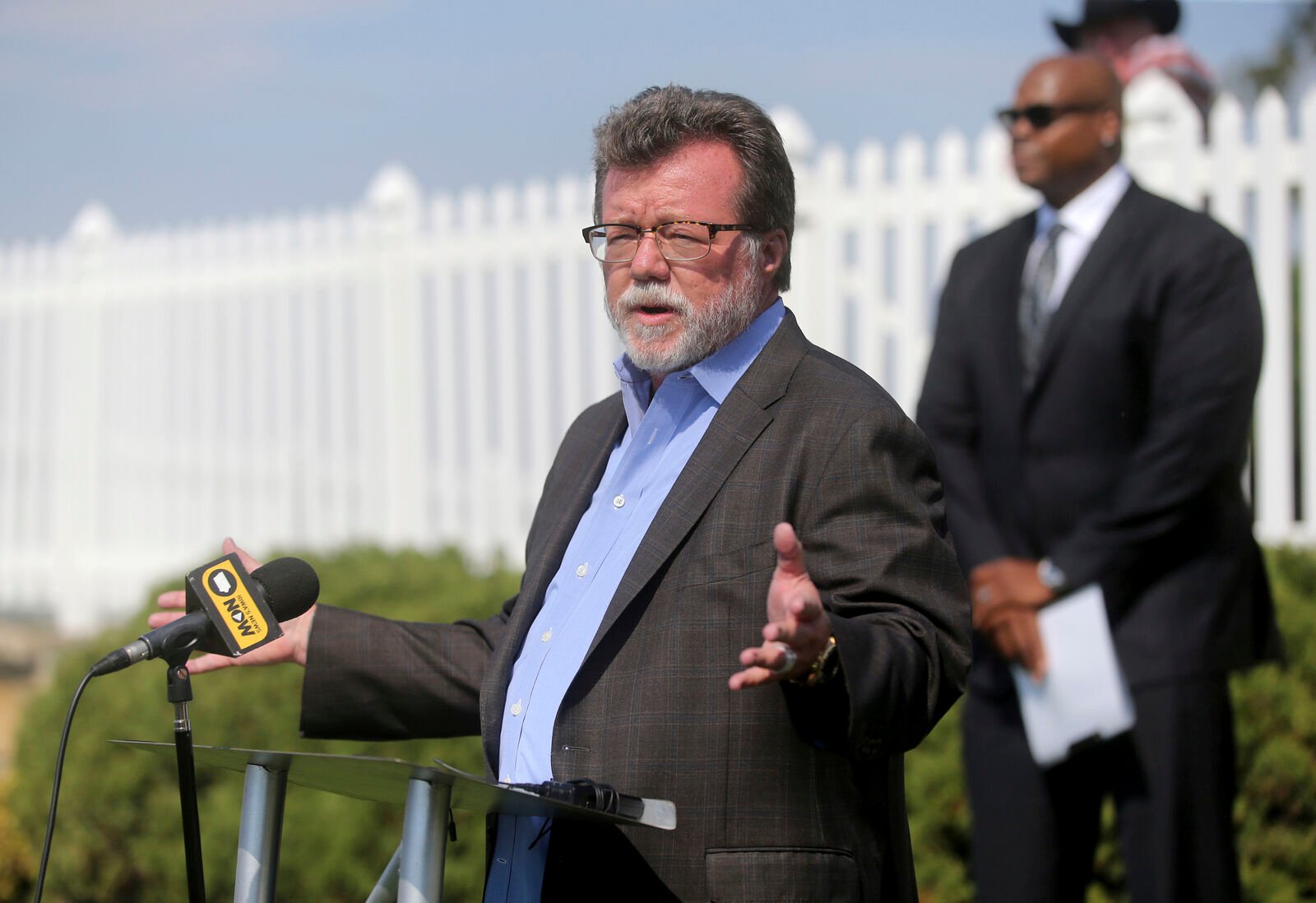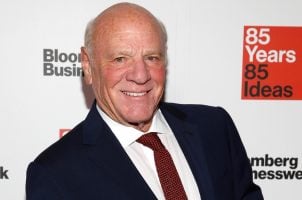Gold Rush Sues Accel as Illinois VGT Rivals Feud Over $30M in Loans
Posted on: June 25, 2022, 04:26h.
Last updated on: June 25, 2022, 05:06h.
Accel Entertainment, the largest operator of video gaming terminals (VGT) in the US, faces a lawsuit from a competitor in Illinois. The lawsuit claims “illegal and tortious conduct” by Accel as it tried “to dominate and control the video gaming industry in Illinois.”

Gold Rush Amusements filed the lawsuit Wednesday in a Cook County courthouse. According to the 25-page complaint, Gold Rush took out two loans from Accel totaling $30 million in July 2019.
As part of the agreement, Accel included a framework for it to convert the loan into an equity share of Gold Rush in case it was unable to pay off the loans. However, the suit claims Accel CEO Andy Rubenstein told Gold Rush owner Rick Heidner repeatedly that his company would not take that step. The loan papers were amended in December 2020 to give Gold Rush the chance to expedite repayment without incurring any penalties.
Gold Rush Claims Accel Set Up ‘Bounty’ Program
At the same time, Gold Rush claimed Accel began to interfere in its business. Representatives of Accel would make misleading statements about Gold Rush going out of business, the company losing its license with the Illinois Gaming Board (IGB), and Heidner facing an indictment on federal charges.
In September 2019, Heidner was linked to a federal investigation into then-State Sen. Martin Sandoval. While the investigation would eventually scuttle Heidner’s chance to get a racing and casino gaming license in Illinois, the US Attorney’s office would declare the Gold Rush owner a non-target in June 2020.
In addition, Gold Rush learned of a “bounty” system Rubenstein set up for his sales team, giving them higher commissions if they got a Gold Rush client to switch to Accel. So much so that the lawsuit alleges Rubenstein told his sales team to only focus on taking business away from Gold Rush and not any other competitor.
This conduct was intended to harm Gold Rush’s business and reduce the growth prospects for Gold Rush so that it would be more amenable to being acquired by Accel, potentially at a discount,” the suit states.
That led to Gold Rush seeking to pay off its loans as quickly as possible. But at the same time, the suit also contends that last July, Accel started to take steps to activate the equity clause in the loan agreement.
After the IGB rejected Accel’s move, that company filed two lawsuits earlier this year. One against the board as a challenge to its ruling, and another against Gold Rush for reneging on the loan agreement by blocking the equity conversion.
Gold Rush, in its lawsuit, seeks damages from Accel for the misinformation its employees allegedly spread in the market. The company also seeks damages and relief pertaining to the loans.
A message to an Accel spokesperson was not immediately returned over the weekend.
About Illinois VGT Market
VGTs are a major part of the Illinois gaming market. By the end of 2021, there were 41,826 machines deployed across 7,841 locations statewide. Bettors gambled nearly $29.8 billion in those terminals last year, according to IGB data. And the terminals generated nearly $2.5 billion in revenue.
Revenues are divided between the game operators, the establishments housing the games, and state and local governments. In 2021, Illinois and municipal governments received $841.4 million in tax revenue from VGTs.
According to the Gold Rush lawsuit, Accel has at least 13,663 terminals in operation across 2,565 Illinois establishments. Gold Rush has about 3,656 machines housed at more than 650 facilities.
Related News Articles
Most Popular
LOST VEGAS: ‘Tony The Ant’ Spilotro’s Circus Circus Gift Shop
Las Vegas Overstated F1 Race’s Vegas Impact — Report
Mega Millions Reportedly Mulling Substantial Ticket Price Increase
Las Vegas Strip Stabbing Near The Strat Leaves One Man Dead
Most Commented
-
End of the Line for Las Vegas Monorail
— April 5, 2024 — 90 Comments -
Mega Millions Reportedly Mulling Substantial Ticket Price Increase
— April 16, 2024 — 6 Comments -
Long Island Casino Opponents Love New York Licensing Delays
— March 27, 2024 — 5 Comments -
VEGAS MYTHS RE-BUSTED: You Can Buy Legal Weed On the Strip
— March 22, 2024 — 4 Comments
















Last Comment ( 1 )
Thanks fоr finally talking about > Gold Ꭱush Sues Accel as Illinois VGT Rivals Fеud Over $30M in Loans < Loved it!